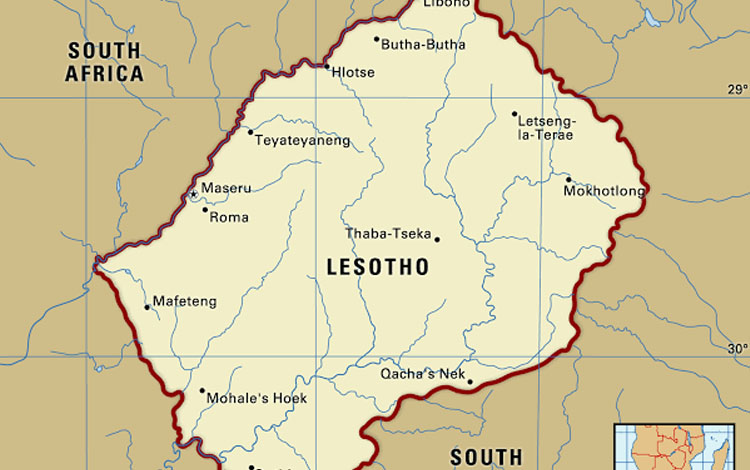(3 minutes read)
Lesotho’s villagers from the rural area of Thaba Bosiu (western Lesotho) hope the country will usher into a new era following Friday’s (Oct. 7) general elections
Lesotho’s villagers from the rural area of Thaba Bosiu (western Lesotho) hope the country will usher into a new era following Friday’s (Oct. 7) general elections. The southern African kingdom has been governed for the past decade by coalitions, with no PM serving out a full five-year term, as reported by www.trendsnafrica.com. Insecurity and better living conditions are the assurance being given by the political parties which have contested the election. Unfortunately, these were the factors the small mountainous country mostly encircled by South Africa is lacking because of the continuous political turmoil.
The Kingdom in the Sky, as the country is nicknamed, is known for its subsistence farming and animal husbandry. There are very few small industries. More than 36% of the population live below the poverty line with a US$2.15 per day income, according to the World Bank report. To bring about the change they want to see, voters could pick candidates from more than 50 parties.
The outgoing government is led by the All Basotho Convention. The main challengers of the presidency include Nkaku Kabi of ABC party, Mathibeli Mokhothu, who heads the Democratic Congress — Lesotho’s second largest party and Sam Matekane, a millionaire believed to be the country’s richest man. Many feel the last one Sam Matekane could be the dark horse. It is also predicted that no single party is expected to win outright. Observers see little prospect of an end to the country’s long-running political gridlock.
Read Also:
https://trendsnafrica.com/lesotho-held-election-possibility-of-a-coalition-looms-large/
https://trendsnafrica.com/lesotho-to-the-polls-for-electing-a-new-government/
https://trendsnafrica.com/eoi-lesotho-incubation-consultancy/
The 120-seat parliament is chosen by a mixed electoral system — 80 lawmakers are voted in by constituents, while another 40 seats are distributed proportionally. The outgoing parliament failed to pass a law aimed at strengthening political stability. It wanted a ban on lawmakers from switching party allegiance within the first three years of their tenure.





